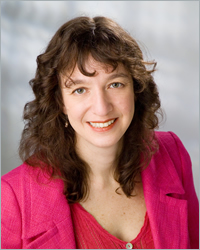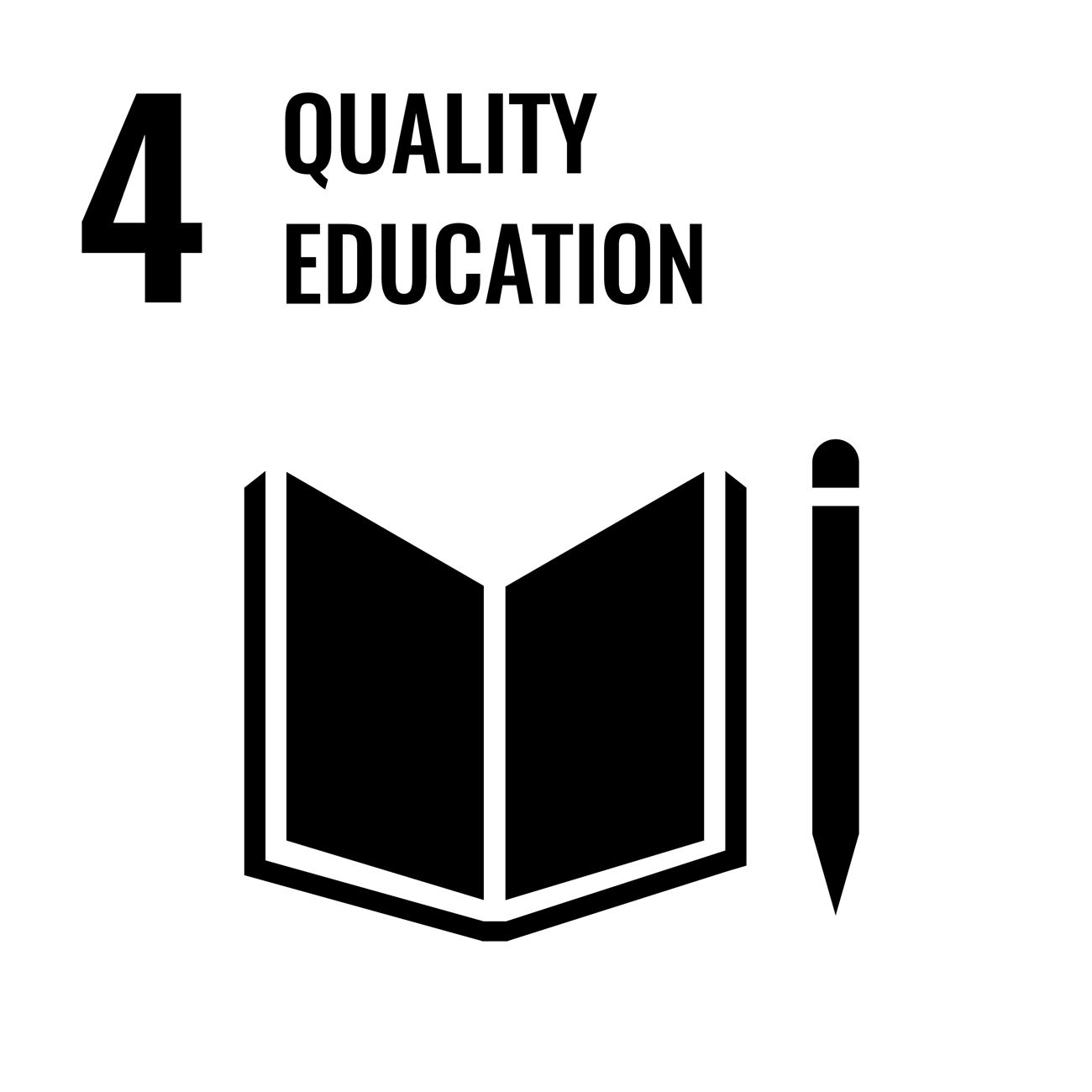#Chair
Chair in Refugee Integration through Languages and the Arts
University of Glasgow – Professor Alison Phipps
Home > Expert Network > Chairs
For millions of the world’s displaced people, their painful journey does not end when they gain refugee status.
Although it can be full of surprise, relief and joy in new things and possibilities, the huge transformation required to adapt to life in a new host country can also be confusing, lonely and traumatic. The University of Glasgow’s Chair in Refugee Integration through Languages and the Arts (RILA) is responding to this global crisis by researching, pioneering and sharing creative ways to foster integration and empower all members of new communities, where refugees live, to flourish, together.

#ChairThemes
? Culture
? Education
? Arts
#RelatedChair
UNESCO Chair on Peace and Tolerance through Languages and Civic Education
MINSK STATE LINGUISTIC UNIVERSITY
#SDG
QUOTE
“The scale of the refugee crisis worldwide requires innovative responses and radical action. I hope to make a tangible contribution through my role as UNESCO Chair and deliver projects which make a real difference to the lives of refugees and their communities.”
Professor Alison Phipps
UNESCO Chairs are based within Institutes for Higher Education and specialise in specific research fields. They provide policy advice to the UK National Commission for UNESCO and HM government, as well as reviewing UNESCO applications.
ABOUT THE CHAIR
With the number of displaced people across the globe reaching over 70 million in 2019, the programme could not be more relevant or more vital. Under the conditions created by the global pandemic it has been clear that refugees have an understanding, resilience and bearing which societies spared from significant crisis have not yet fostered or practiced.
Led by Professor Alison Phipps, the Chair’s team of six is pioneering a series of research projects, residencies and events which place language and the arts at the heart of refugee integration. Their aim is to work with refugees, artists, NGOs, policy-makers and governments to enhance existing models for refugee integration and address issues around cultural diversity and languages.
Three volunteer ambassadors from refugee and asylum-seeking backgrounds are gaining skills in project management, communication, networking, people management and innovation. Encouraged to start their own projects designed to meet the needs of ‘New Scots’ the Ambassadors have initiated English classes for Arabic speakers, started a youth group and developed multi-lingual self-discovery writing sessions.Two artists in residence from the global south are also working to enable mutual integration and translation between communities and through the arts
ABOUT THE CHAIR’S RESEARCH
Alison’s research has contributed to a range of projects with the chair through collaborations with partners spanning Zimbabwe, Palestine, Ghana, Mexico and Morocco. The RILA team carries out research that includes network building through arts and cultural work in communities experiencing tensions and fragility; collaborating with Coventry University and the Migration for Development and Equality hub (MIDEQ) to examine how South-South migration can be harnessed to reduce inequality and expanding the reach of an online Arabic course to help reduce unemployment among young graduates in Gaza.
One such example of Professor Phipps’ research is the annual ‘Refugee Cycle’ where refugees, migrants and local communities are brought together. Partnering with Sustrans and Bike for Good, this role-reversing event gives refugees the chance to act as hosts, welcoming cyclists to each stop along the route. Refugees help to plan the cycle and take part as check-point assistants, performers and educators.

Professor Alison Phipps
Based in the School of Education at the University of Glasgow, Professor Alison Phipps is a renowned expert with a career that has spanned the globe and work that has influenced government policy and featured in the Edinburgh Festival.
Professor Phipps currently chairs the New Scots Core Group for Refugee Integration in partnership with the Scottish Government and is an Ambassador for the Scottish Refugee Council. She is also a Commissioner with the Poverty Truth Commission, Scotland and an Advisor to the Centre for Human Rights and Democracy in Ethiopia.
In addition to her academic roles, Alison was a senior policy advisor to the British Council from 2007-2014 and has also advised the Red Cross, Church of Scotland and the Scottish, UK and European Parliaments. Determined to keep the voices of refugees heard, in 2015 Alison designed and led a witness-bearing five-day visit with members of the Home Affairs and Justice Select Committee to Calais and Dunkirk refugee camps.
#Institution
University of Glasgow
Professor of Languages and Intercultural Studies
#Alma-Mater
#Role at UNESCO
Chair in Refugee Integration through Languages and the Arts at the University of Glasgow
SINCE 2017
#Research&Events
LATEST EVENTS AND RESEARCH PROJECTS
Read about some of the many projects that Professor Phipps is involved in.

UNESCO RILA Spring School
#RefugeeIntegration
The three-day international knowledge exchange festival, the UNESCO RILA Spring School, offers support and inspiration to those involved with grass-roots integration initiatives using language and the arts.

MIDEQ.org
#Migration
Nearly half of all international migration takes place between countries of the global south. Involving partners from 12 countries the Migration, Inequality and Development Hub (MIDEQ) seeks to understand the relationship between migration, inequality and development.

Arabic For Palestinians
#Languages
The 10-year blockade of the Gaza strip has left young graduates facing unemployment and a loss of culture. The Online Arabic for Palestinians course will provide teacher training and employment opportunities and a chance for inter-cultural and multi-lingual exchange.
Publications
SELECTED PUBLISHED WORK
Alison teaches refugee studies, critical multilingual studies, religious and spiritual education, anthropology and intercultural education and education for non-violence. Read about her research further, below.

Decolonising Multilingualism
2019
#SouthAsia
Alison calls us to action as she explains the need to break down institutional structures that oppress BAME communities. It spreads a clear message – that equality can be achieved only when power is relented.
LATEST
QUOTE
“Refugee integration through languages and arts directly relates to UNESCO’s mission to achieve peace through cultural literacy, is integral to the wider UN mandate to support refugees and contributes to the UN Sustainable Development Agenda 2030.”
Professor Alison Phipps
#MeetTheChairs
RELATED CHAIRS
#Culture #Education

Chair in Adult Literacy and Learning for Social Transformation
UNIVERSITY OF EAST ANGLIA
Prof. Anna Robinson-Pant #Education
The UEA UNESCO Chair is an international partnership with university departments specialising in adult literacy and community learning in countries across the globe.

Chair in Inclusive and Quality Education for All
UNIVERSITY OF BRISTOL
Prof. Leon Tikly #Education
The Chair is based in the Centre for International and Comparative Education (CIRE) at the University of Bristol, and their key objective is to undertake innovative research that will increase access to a good quality education.

Chair in Globalising a Shared Education Model for Improving Relations in Divided Societies
QUEENS UNIVERSITY BELFAST
Prof. Joanne Hughes #UnitedLearning
The Centre for Shared education, led by Professor Joanne Hughes at Queen’s University, advocates shared education as a model for promoting collaboration and inter-relations through education.
ALL UK CHAIRS
Meet the rest of the UK Chairs.
Led by Professor Alison Phipps, the Chair’s team of six is pioneering a series of research projects, residencies and events which place language and the arts at the heart of refugee integration.
The University of Sheffield’s Chair on Media Freedom, Journalism Safety and the Issue of Impunity was established as a response to the urgent need to address attacks on journalism and journalists around the world.
Led by Professor John Shawe-Taylor, the Chair’s team is developing a series of research projects delivering AI that can improve health and education, reduce inequality, and spur economic growth
The ICT4D Collective was set up by the current Chairholder, Tim Unwin, in 2004. They’re a group of people committed to undertaking the highest possible quality of research in the field of ICT4D and making the results of this available freely to the global community.
[mapsvg id=”12506″]
JOIN THE NETWORK
Are you interested in becoming a UNESCO UK Expert or Chair? Find out more below
#MoreExperts
RELATED ACCREDITED EXPERTS
Meet the UK National Commission for UNESCO Accredited Experts
#CulturalHeritage #Restoration

Ivor Gaber
ACCREDITED EXPERT
#MediaFreedom
An Accredited Expert, Professor Ivor Gaber, represents the UK government on the IPDC – the UN body dedicated to supporting media and communications in developing countries.
FULL LIST
A global network of universities that carry out research to address pressing challenges and contribute.
*by alphabetical order
Our advisors are experts in their field who provide advice to the UK National Commission for UNESCO by reviewing applications for UNESCO designations, prizes and patronage, and contribute to other aspects of our work.
All our accredited experts are selected to advise the UK National Commission for UNESCO on policy matters related to UNESCO. They are approved by HM government to represent the UK in UNESCO committees, commissions and programmes.
#IHP #Science
#IPDC #Communication
#IHP #Science
#IOC #Science
#IOC #Science
#Bioethics #Social&HumanScience
#Biosphere #RuralBritain
#SESAME #Science
#CreativeCities #FilmLiteracy
#CreativeCities #Libraries
#Geoparks #Sustainability
Liaising with the UK’s Permanent Delegation to UNESCO and approved by HM government, our Non-Executive Directors help steer the direction of the UK National Commission for UNESCO, and are each responsible for overseeing a particular field of UNESCO’s work in the UK.
#Chair #HumanSciences
#Vice-Chair #Culture
#Communication&Information
#NaturalSciences
#HigherEducation
#Education
EXPLORE FURTHER
Our ? Accredited Experts are one of four pillars that form the structure for our ?️ Expert Network. Meet our ? Chairs, our ? Advisors, and our ? Non-Executive Directors
click on the links above
PREVIOUS
Chair in New Media Forms of the Book at the University of Bedfordshire.
#Chair Prof. Alexis Weedon
NEXT
Chair in Water Science at the University of Birmingham
#Chair Prof. David Hannah








